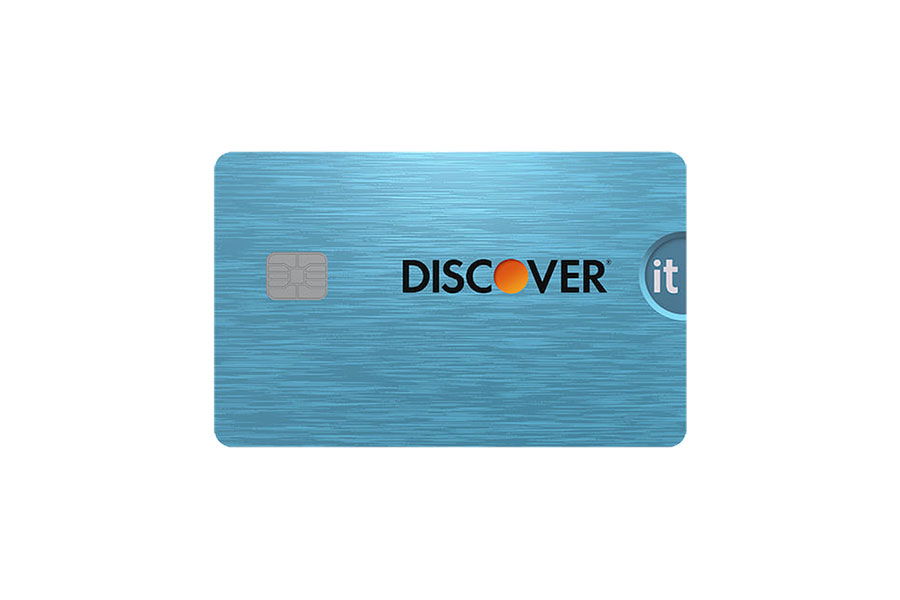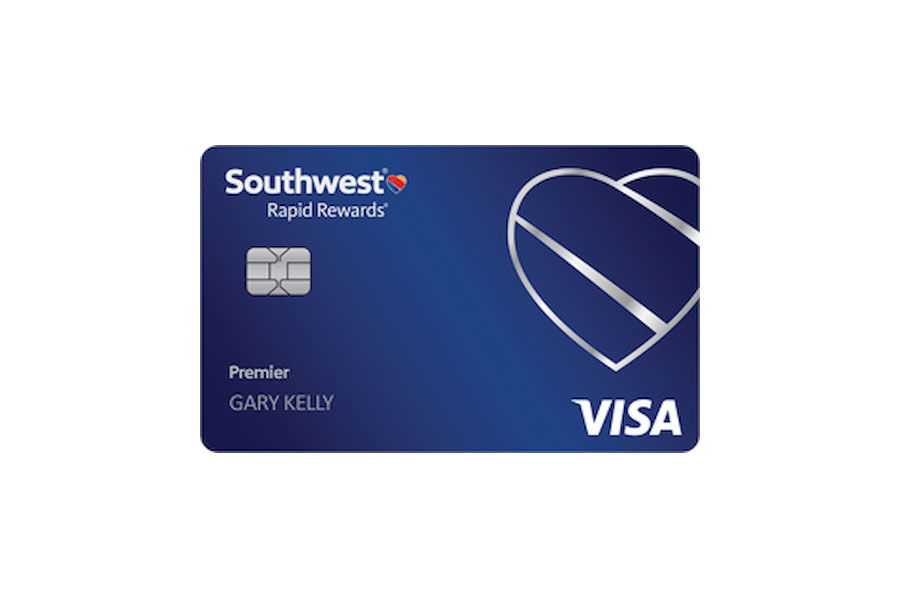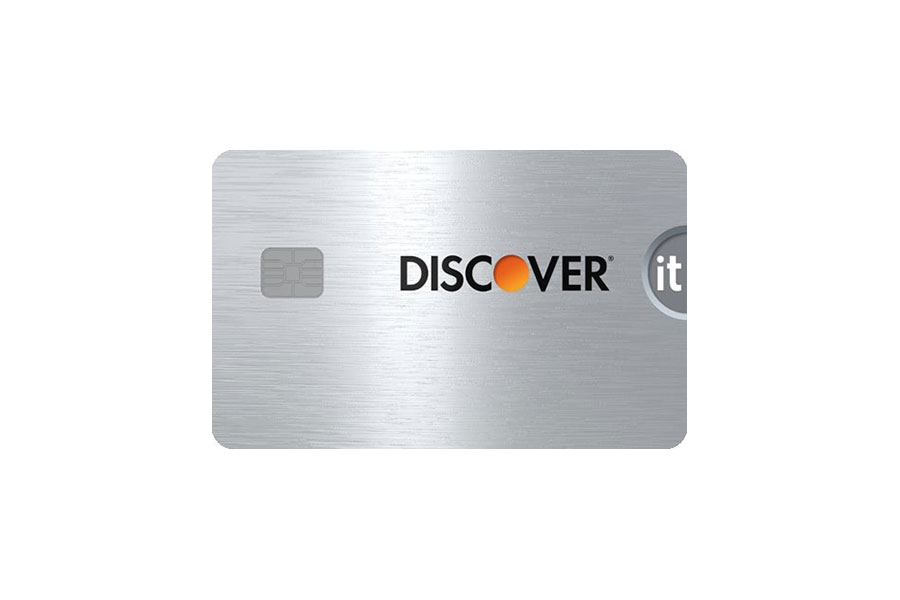The Discover It® Cash Back card is a solid choice for anyone looking to earn rewards on everyday spending. It offers 5% cash back in rotating categories each quarter (up to a limit, with activation), and unlimited 1% cash back on everything else. Plus, Discover matches all the cash back you earn in your first year—automatically.
If you’re thinking about applying, you’re probably wondering what credit score is needed—and what else Discover looks for during the approval process. Here’s what you should know before you hit “apply.”

Recommended Credit Score for the Discover It Cash Back Card
While Discover doesn’t publish an official minimum credit score, most successful applicants have a credit score of 700 or higher. This falls into the “good” to “excellent” range.
That said, approval is still possible with a score in the mid-to-high 600s—especially if the rest of your credit profile is strong. If your credit score is below 670, you may want to improve it before applying to increase your odds and qualify for better terms.
What Discover Looks for Beyond Credit Score
Your credit score plays a big role, but Discover also considers other financial factors when reviewing your application:
- Payment history – A track record of on-time payments signals reliability.
- Debt levels – Carrying too much debt can reduce your chances of approval.
- Credit utilization – This is the percentage of your available credit you’re using. Lower is better, typically under 30%.
- Length of credit history – A longer credit history gives Discover more data to evaluate your credit behavior.
- Income – While Discover doesn’t list a specific income requirement, having steady and sufficient income supports your ability to repay.
- Debt-to-income ratio – If your monthly debt is high compared to your income, it may affect your chances.
How to Improve Your Chances of Approval
If you want to get approved for the Discover It Cash Back card—and potentially unlock a higher credit limit—these steps can help:
Review Your Credit Reports
Check your credit reports from Experian, Equifax, and TransUnion at AnnualCreditReport.com. Look for any mistakes or outdated information, and dispute any errors you find.
Keep Credit Utilization Low
Try to use less than 30% of your available credit. For example, if your total credit limit is $5,000, aim to keep your balances below $1,500.
Pay Every Bill On Time
Your payment history makes up the biggest portion of your credit score. Always pay at least the minimum by the due date.
Limit New Credit Applications
Every credit application triggers a hard inquiry, which can slightly lower your credit score. Avoid applying for multiple cards within a short time.
Reduce Existing Debt
Paying down balances improves both your credit score and your debt-to-income ratio—two things Discover will consider.
Not Quite Ready? Here’s How to Build Better Credit
If your credit score isn’t where it needs to be, improving it first can save you from unnecessary denials and lead to better offers down the road.
Credit Saint helps people challenge inaccurate or outdated information on their credit reports—including late payments, collections, and charge-offs. They even offer a 90-day money-back guarantee, so you can move forward with confidence.
If you’re serious about building stronger credit and getting approved for cards like the Discover It Cash Back, visit their website to see how they can help.
Final Thoughts
The Discover It Cash Back card is a rewarding option for everyday spending—but approval usually requires a credit score of 700 or higher. Discover also reviews your income, debt, and payment history, so it pays to put your best foot forward.
Check your credit reports, pay down debt, and avoid applying for too many cards at once. With the right steps, you’ll increase your odds of getting approved and start earning rewards faster.



